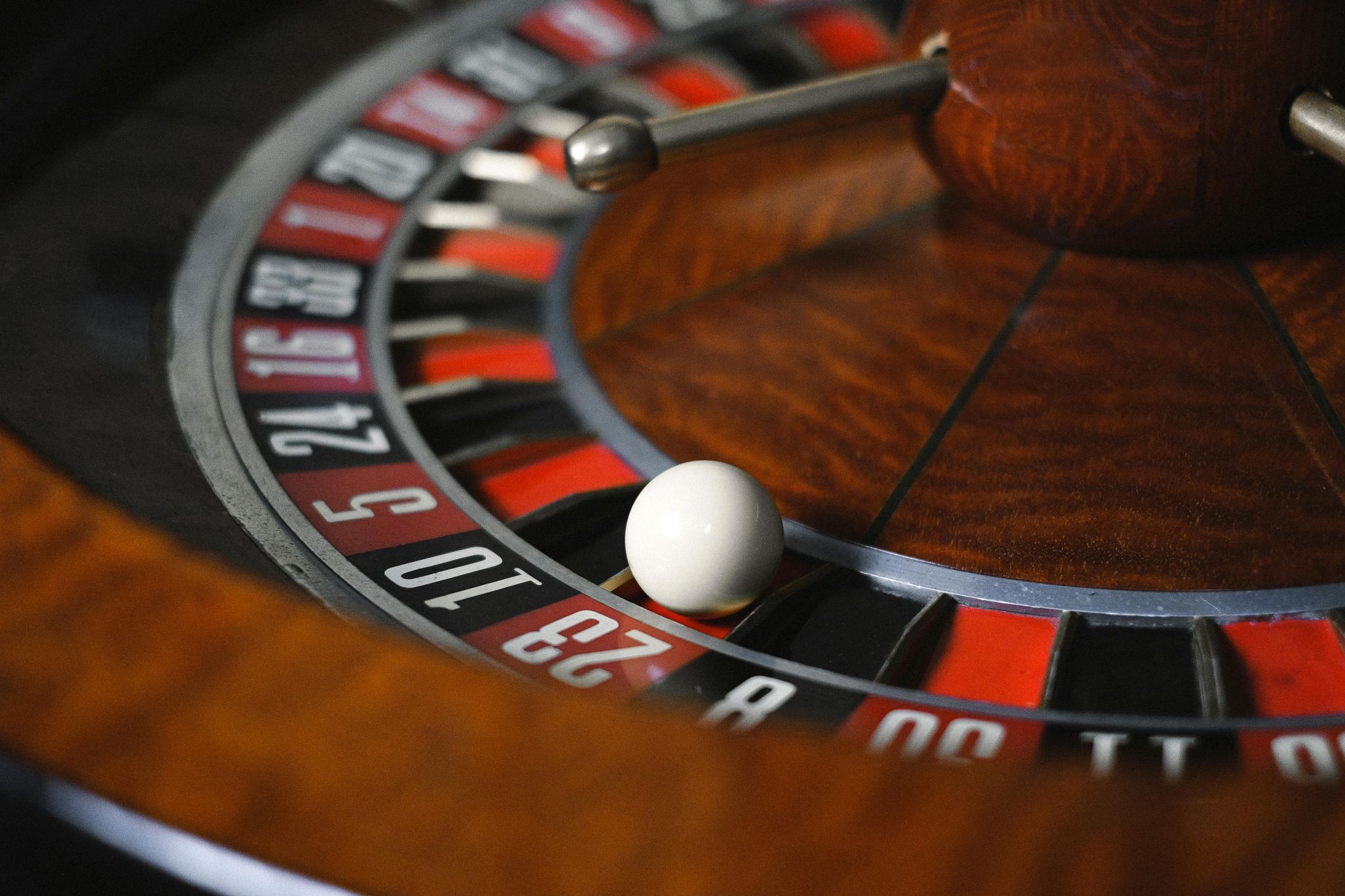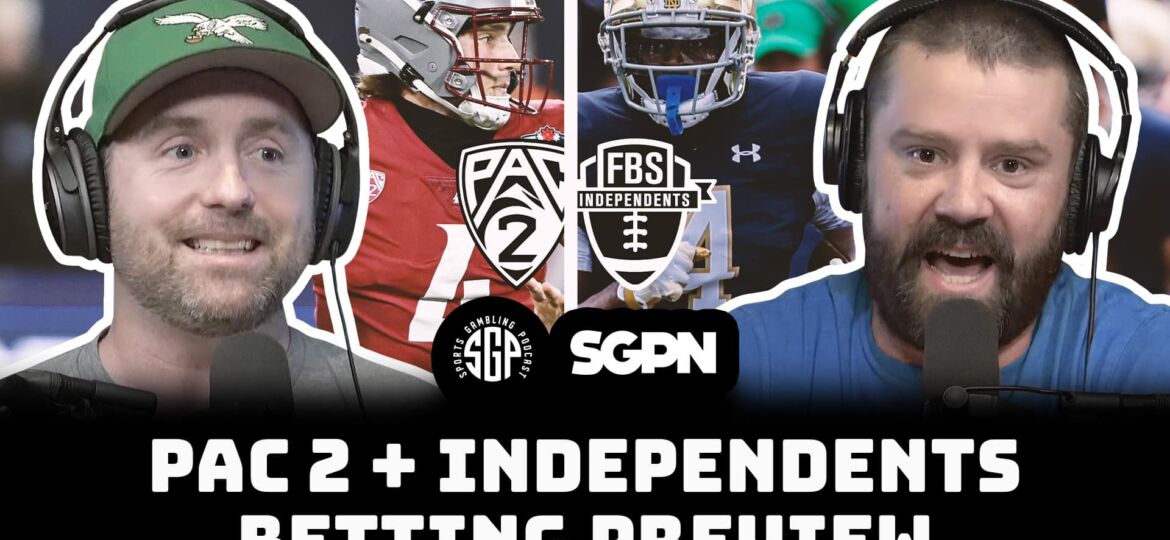
Especially when money is involved.
Most bettors don’t realize losing can mess with their minds in ways they aren’t even aware of. It triggers emotions, changes decision making, and leads to even riskier bets.
The real question is: why do people chase losses, and how can they stop?
Why Do People Chase Losses?
People who pursue lost money face more than monetary consequences in the best crypto casino. It’s psychological.
People who suffer losses experience a compelling urge to establish themselves in the eyes of both themselves and other people. Here’s why it happens:
1. The Pain of Losing
A single loss registers as twice as sharp in pain levels than the total joy creates from a win.
Psychologists call this loss aversion. As a neurological function humans tend to dislike the sensation of defeat twice as much as they enjoy attaining success.
After suffering a loss people become extremely motivated to retrieve everything they have lost.
2. The “I Was So Close” Trap
People experience worse mental distress from close losses when compared to definitive failures.
First they convince themselves that they were nearly correct when they fall short of winning by only a little bit.
The belief that the upcoming bet will result in their victory exists even though luck functions differently in reality.
3. The Gambler’s Fallacy
This is when people believe past events affect future ones. If a team has lost five games in a row, people assume they are “due” for a win.
In reality, past losses don’t change future outcomes, but the brain struggles to accept that.
4. The Dopamine Rush
Winning creates a dopamine spike – the brain chemical that makes people feel good. Losing makes dopamine crash.
Instead of walking away, some people keep going, chasing that next dopamine hit, hoping for a big win to wipe out the losses.
5. Sunk Cost Fallacy
When people have already lost money, they think quitting means wasting it. Instead of stopping, they believe they need to keep playing to “fix” their mistake.
The truth? The money is already gone, and chasing it just digs a deeper hole.Losing triggers emotional decision making.
Instead of thinking clearly, people start making decisions based on frustration, anger or desperation.
- Impulse control drops – The prefrontal cortex (the part of the brain that helps with rational thinking) shuts down under stress.
- Risk taking increases – Research shows that after losing, people take bigger risks even if they know it’s a bad idea.
- Memory is impacted – People remember wins better than losses, so they think they’re good at betting, even when the numbers say otherwise.
The Cost of Chasing Losses: A Look at the Numbers
| Factor | Statistic |
| How much more painful losing feels compared to winning | 2x as painful |
| Percentage of people who increase their bets after a loss | 75% |
| How much faster people make decisions when frustrated | 30% less time compared to when they’re calm |
| Odds of recovering money when chasing losses | Less than 10% |
Most people think they can “win it back,” but the data proves otherwise. The faster and riskier the decisions, the worse the results.
How to Stop Losing
Stopping isn’t about willpower. It’s about understanding why and setting up rules to avoid it.
1. Accept the Loss
Easy to say, but hardest to do. Once money is gone, it’s gone. Trying to win it back only increases losses.
2. Set a Loss Limit Before Playing
Decide on a number you’re willing to lose before you start. If you hit that number, walk away.
3. Get Off the Screen
If emotions take over, take a break. Research shows that waiting 15 minutes before making another financial decision reduces impulsive choices by 40%.
4. Use the “Would I Still Bet?” Rule
Ask yourself: “Would I still make this bet if I hadn’t lost anything before?” If the answer is no, it’s an emotional bet. Skip it.
5. Track Every Bet
Keeping a record of wins and losses helps people see patterns. Many don’t realize how much they lose over time until they look at the numbers.
6. Don’t Bet When Stressed
Tired? Angry? Stressed? Research shows people make worse financial decisions under emotional stress. If emotions are high, step back.
7. Think Like an Investor, Not a Gambler
Investors focus on long term not short term. They don’t chase losses because they know one bad decision can wipe out months of progress. Apply the same mindset here.
Conclusion
Chasing losses isn’t about logic. It’s emotional. The pain of losing makes people feel like they have to win it back.
But in reality chasing losses only creates bigger ones.
The best strategy? Know when to walk away. The moment emotions take over, it’s no longer about strategy – it’s about impulse. And impulse decisions rarely end well.
Recognising the signs of losing is the first step. Changing habits is the next. Once you do that you’re in control – not your emotions.





















